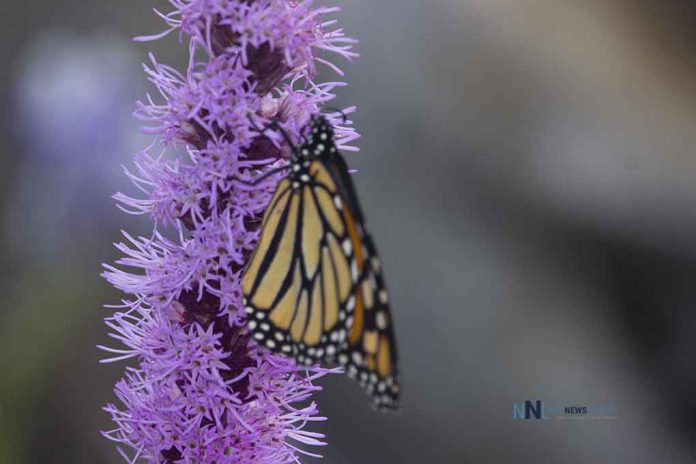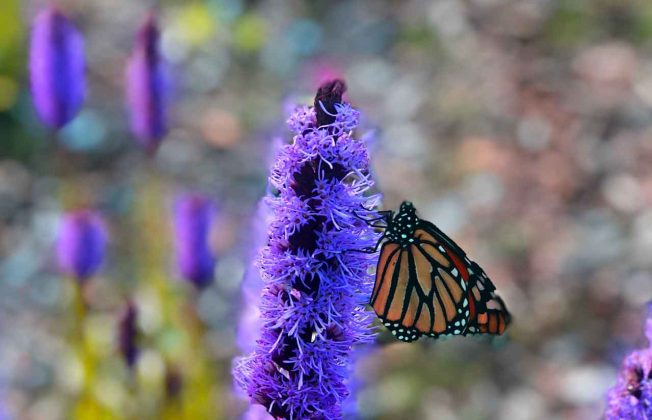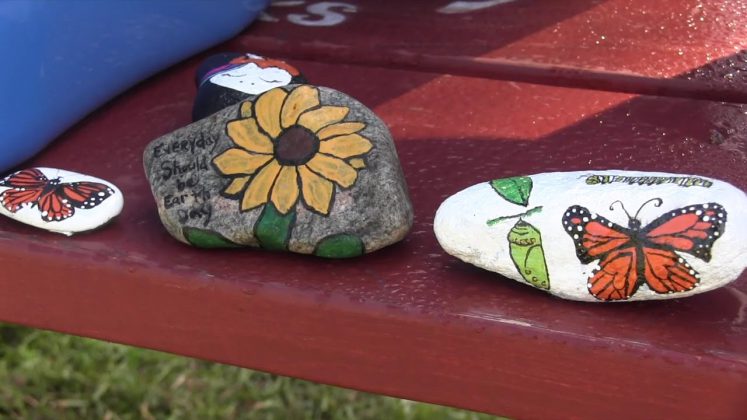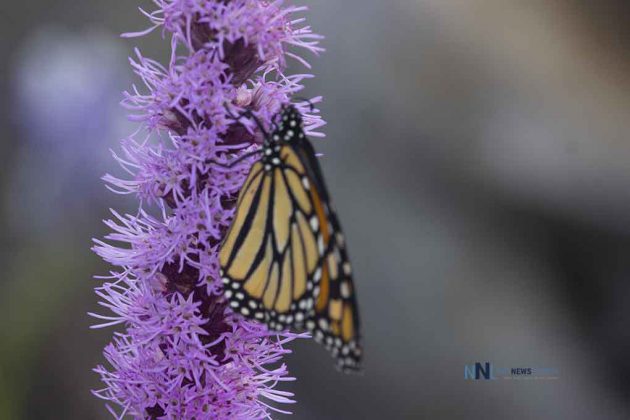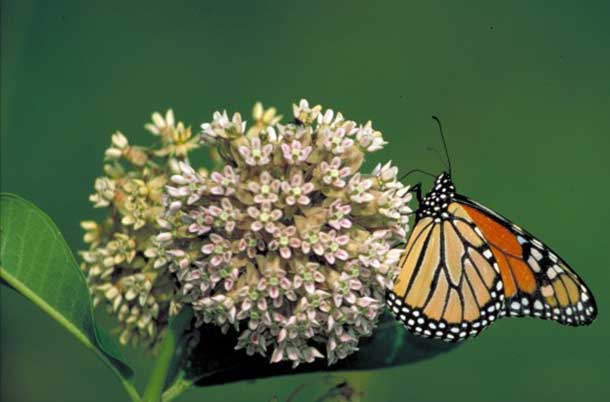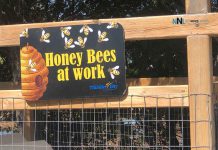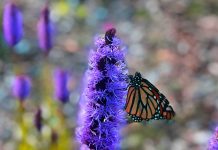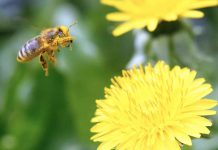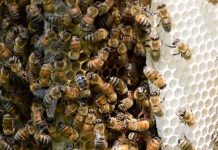Thunder Bay – Environment – If you are on social media, over the past few years you may have heard of Urban Greenscapes. A project spearheaded by Dan Fulton.
Dan, who passed away several years ago was a leader in Thunder Bay for protecting and creating safe places for Monarch Butterflies in our community.
Those efforts have continued in Thunder Bay since his passing.
Now it appears that Dan was a futurist as well as an urban gardener. His efforts and those of many across North America to protect pollinators are continuing. Every third mouthful of food we eat comes because a bee pollinated a plant. The Monarch Butterfly is another key pollinator.
This video from 2014 shows just some of the work that was going on.
Its not an easy task. Especially now as a new study using citizen science data has revealed a worrying trend: the iconic monarch butterfly migration is in serious trouble. While summer breeding populations seem stable, the number of monarchs successfully completing their fall migration to Mexico has plummeted.
The study, which analyzed over 2,600 observations of monarch “roosts” – large groups of butterflies resting together during their journey south – found that roost sizes have declined by up to 80% in the last 17 years. This decline is most pronounced in the southern parts of the migration route, suggesting that many butterflies are not surviving the journey.
Why are Monarchs Declining?
While the exact causes of this decline are still being investigated, the study suggests that habitat loss and degradation, along with the increased use of pesticides, are likely contributing factors. Climate change may also play a role, as it can disrupt the timing of migration and the availability of nectar sources.
What Can Be Done?
The findings highlight the urgent need for conservation efforts focused on supporting fall migration. This includes:
- Planting native milkweed: Milkweed is the only plant monarch caterpillars can eat. Planting native species is crucial, as non-native milkweeds can harm monarchs.
- Providing nectar sources: Monarchs need abundant nectar to fuel their long journey. Planting a variety of late-blooming flowers can help.
- Reducing pesticide use: Pesticides can kill monarchs and other pollinators. Minimizing their use is essential.
The Importance of Pollinators
Monarch butterflies, like other pollinators, play a vital role in our ecosystems and food production. They help pollinate many crops, including fruits, vegetables, and nuts. Protecting pollinators is crucial for maintaining biodiversity and ensuring food security.
Efforts to Save the Monarch Butterfly
Numerous organizations and individuals are dedicated to monarch conservation. Efforts include:
- Citizen science initiatives: Projects like the one used in this study rely on volunteers to collect valuable data on monarch populations.
- Habitat restoration: Creating and restoring monarch habitat, including planting milkweed and nectar plants.
- Education and outreach: Raising awareness about the importance of monarchs and how to protect them.
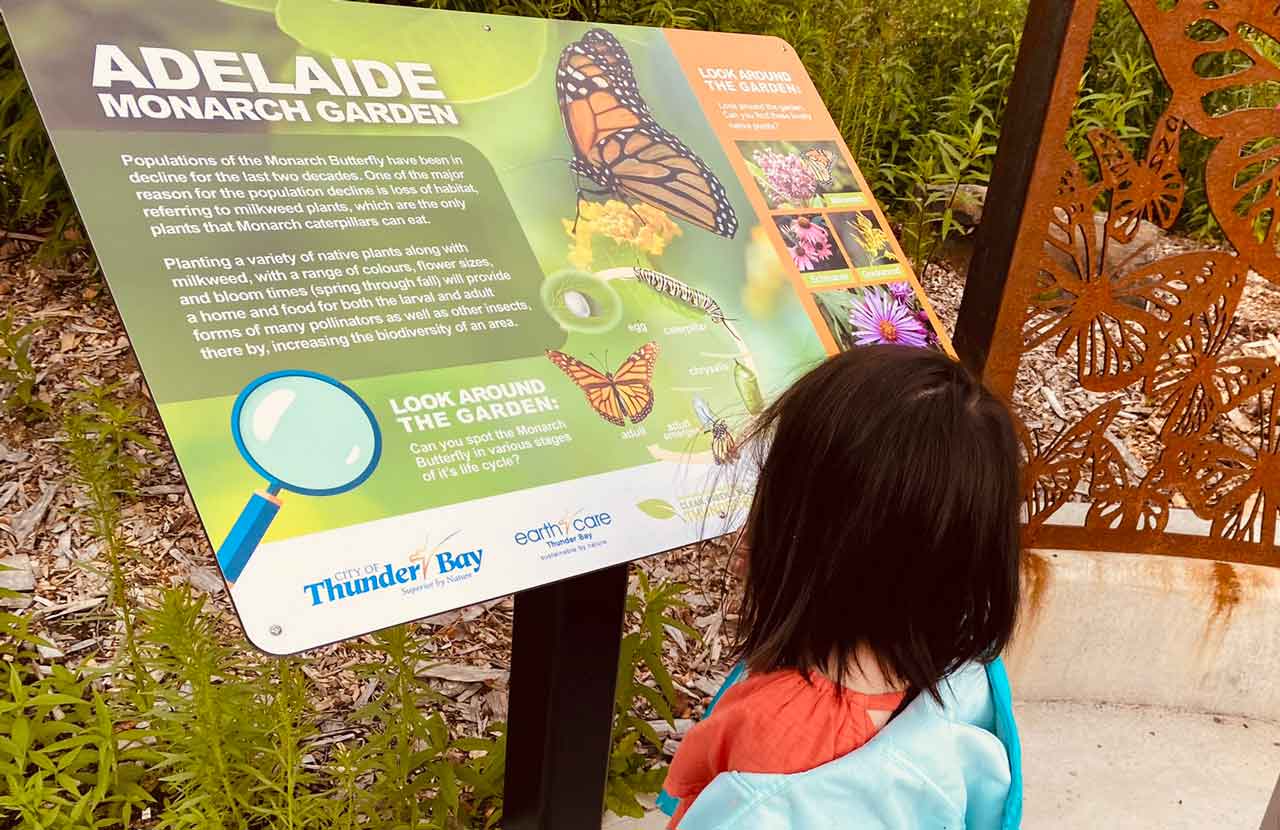
Dan Fulton and the Adelaide Monarch Butterfly Park in Thunder Bay
The Adelaide Monarch Butterfly Park in Thunder Bay, spearheaded by Dan Fulton provides crucial habitat for monarchs and serves as an educational resource for the community. Fulton’s work is a shining legacy on the impact individuals can have in supporting monarch conservation.
We apologize for the audio in this video, but it shows just some of the efforts that created this amazing park.
The Bottom Line
The decline in monarch migration is a serious concern, but there is still hope. By working together to protect and restore monarch habitat, we can help ensure the survival of this iconic species.

